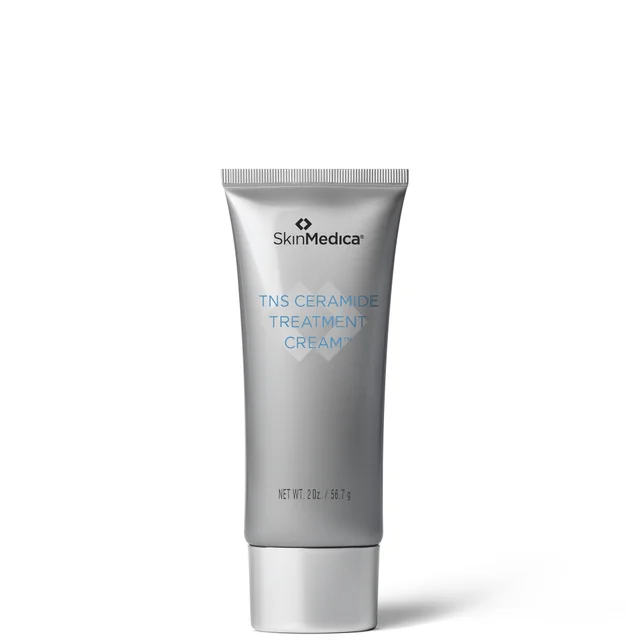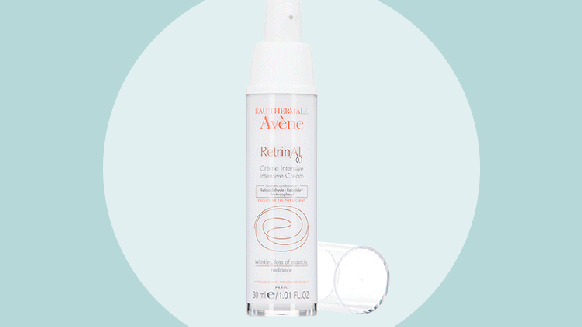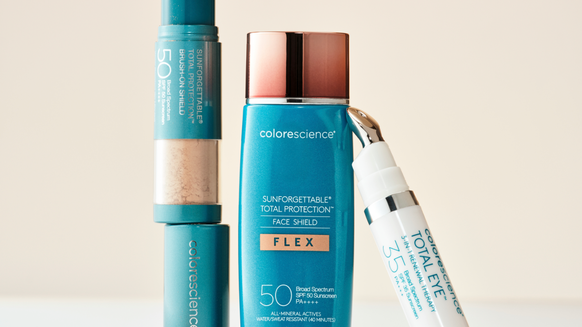How to Find the Best Sensitive Skin Products
Finding products to care for your sensitive skin can be a challenge, to say the least. The chemicals and formulas in many beauty, anti-aging and general care products may work great for your friends, but leave your delicate skin dry, itchy or even blemished. You'll never know for sure whether a product will work for you without testing it, but certain key phrases and clues can help you in the shopping process and keep your skin happy, healthy and clean.
Calm Inflammation
Harsh cleansers and exfoliating products can all increase inflammation, leaving your skin red, bumpy, dry and "tight" feeling. If that sounds familiar, you're better off seeking out products that work to calm your skin instead of inadvertently aggravate it. Start with a gentle, hypoallergenic moisturizer—applied both in the morning and the evening—to help stave off dryness and protect sensitive skin from the elements. If you still experience irritation, try switching to a soap-free cleanser and you can also apply a 1 percent hydrocortisone cream, which is designed to reduce inflammation. But keep in mind, the cream shouldn't be used daily, only when the inflammation is bad.
Find Healing Ingredients
Certain ingredients are kinder to sensitive skin than others. Aloe vera is a natural anti-inflammatory substance, which might work for some people when used instead of hydrocortisone cream, and increases the amount of water in the outermost layers of your skin. Jojoba oil also contains anti-inflammatory and healing properties. Still, ingredients don't have the same effects on everyone. Always test any new skin product on a small area of your neck for allergies or irritation before completing a full application.
Avoid Fragrances and Irritants
Fragrances in skin care products are a primary cause of contact dermatitis and general skin irritation. Even if a product smells absolutely amazing, it's best to pass it up if it contains fragrances and you have sensitive skin. If possible, also avoid products that have alcohol, retinoids, alpha-hydroxy acids and antibacterial ingredients, which can all be irritating. Instead, look specifically for products that are labeled "fragrance-free" or designated for "sensitive skin."
Keep It Simple
The products that are best for sensitive skin tend to have only a few basic ingredients, so read labels carefully and go for items that seem simple. Glycerin, for example, is a basic emollient that softens and smooths skin without irritating. If possible, pare down your skincare routine by reducing the total number of products you use. Find items that can play more than one role—think a moisturizer with brightening ingredients—to cut down on product layering. Also opt for products that contain SPF—even if you wear a separate sunscreen—since sensitive skin is especially prone to sun damage.
This article has been reviewed by board-certified dermatologist Dr. Emmy Graber.

From the latest hair and makeup trends to the best solutions for your skin issues, we've got all your beauty concerns covered!











